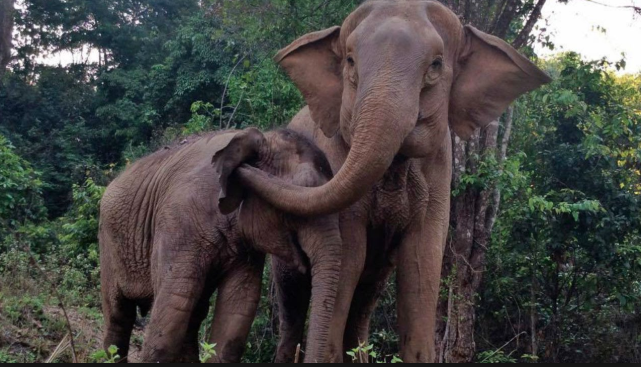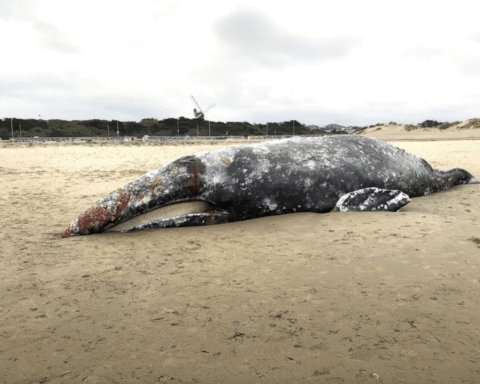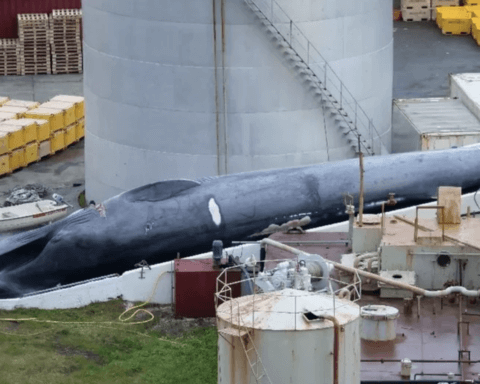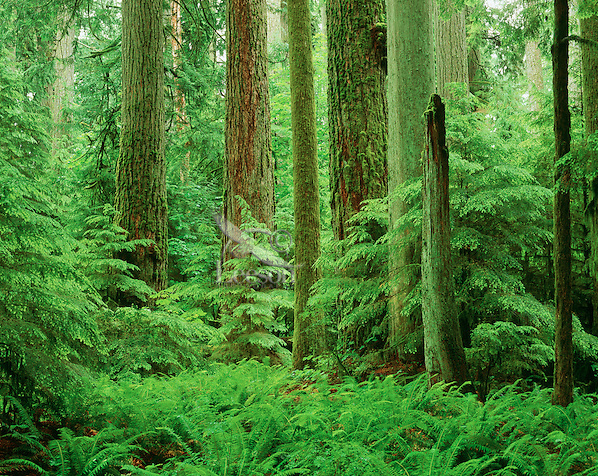*As 2018 draws to a close our hot, overcrowded ravaged planet is bellowing a lucid S.O.S. distress code. It’s painfully obvious yet conveniently dismissed by the world leaders and the international bankers.
The latest United Nations (UN) Intergovernmental Panel on Climate Change (IPCC) report forewarns of pending extreme heat, drought, firestorms, floods, loss of coral reefs and the Amazon rainforest as well as food insecurity unless immediate actions are undertaken.
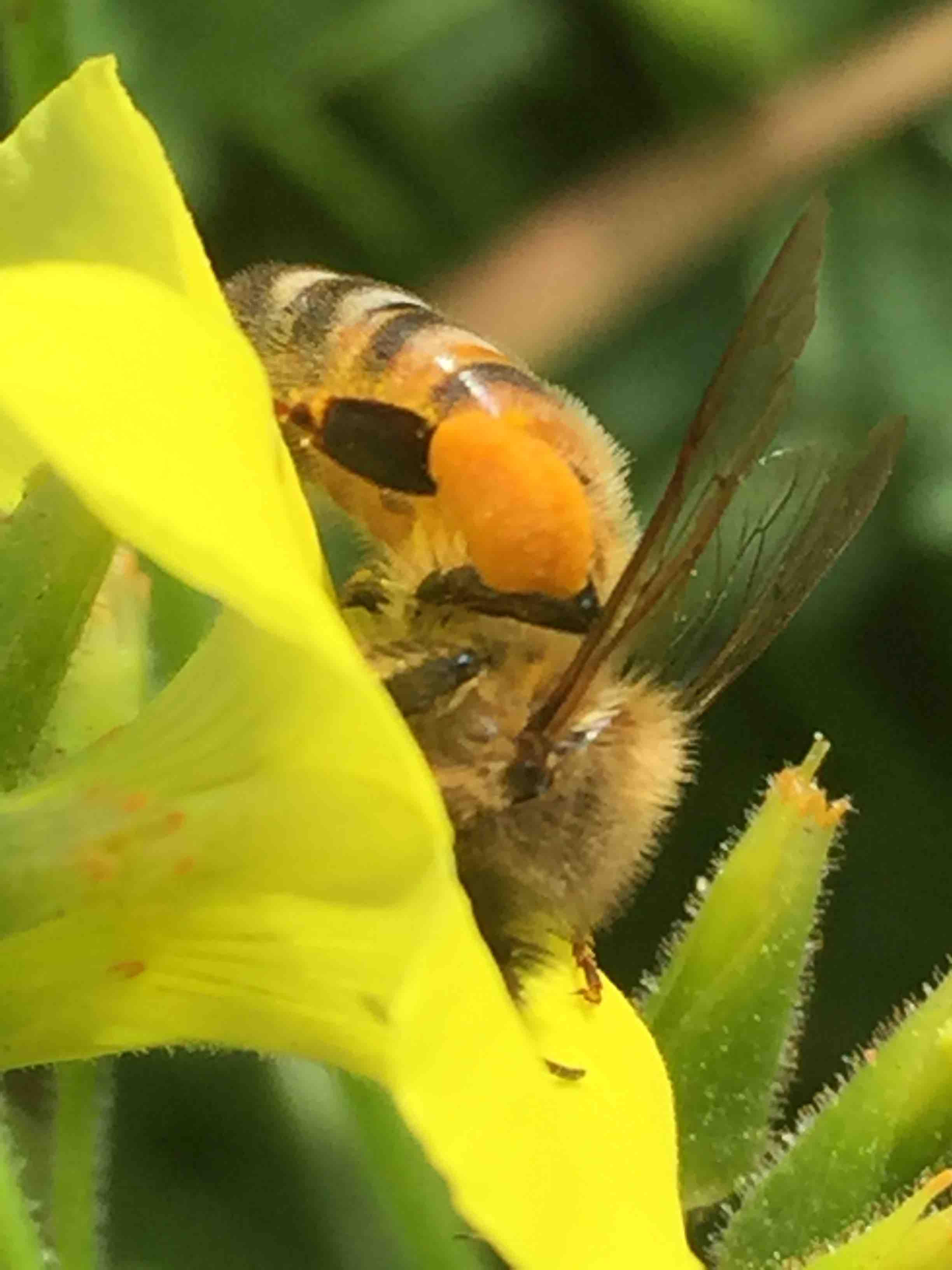
Earthlings are faced with a life-ending crisis. It’s a conversation that world leaders, economists and bankers deliberately obviate. Unbridled growth is destroying Earth’s life support systems. Man has ruined the oceans, the coral reefs, the breathable atmosphere and the fecund soil fauna and flora.
Poaching wildlife on land and under the seas is an epidemic. Wetlands and ancient forests are disappearing at an unprecedented rate. Fracking is poisoning continental aquifers, coal mining is polluting freshwater and smelting aluminum is contaminating the oceans and whales with cancerous chemicals.
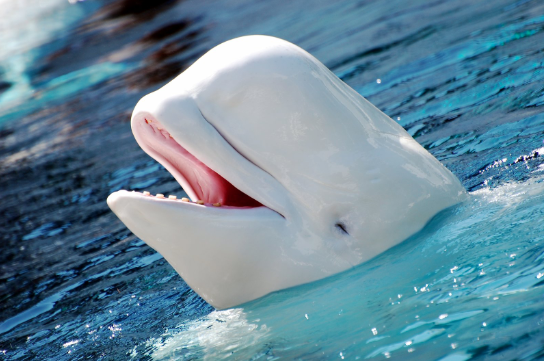
•••
The undeniable facts are that a business as usual model requires 1.7 planet Earth’s worth of fish, ancient forests, grasslands and wildlife to even continue.
•••
Allow me also to remind you that the Organization of Petroleum Exporting Countries (OPECs) latest report projects a massive rise in oil production over the next five years. The U.S. is in the midst of its largest oil production (fracking) cycle ever. And China’s One Belt One Roadproject interlinking more than 70 countries is a fossil fuel demanding beast.
In addition to an insatiable appetite for all of the planet’s natural resources, each year our only home is doused with 250 billion metric tons of pernicious man-made chemicals. Those pollutants have accumulated in very high concentrations at the bottom of the Pacific Ocean and poisoned all life.
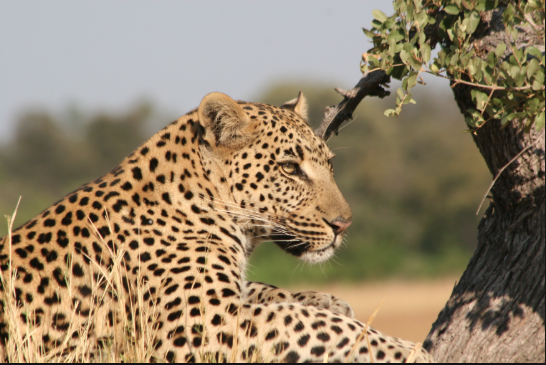
The man-driven accelerating Sixth Mass Extinction is occurring 1,000 to 10,000 times faster than the previous five others. Hideous.
The latest IPCC report foretells of a runaway climate catastrophe. The root cause of climate instability is from burning climate-wrecking fossil fuels, which by the way, have unleashed carbon dioxide (CO2) and two more potent heat trapping gases, i.e. methane and laughing gas, or, nitrous oxide. The Arctic (and elsewhere) are bubbling, thawing cauldrons of these three gases.
UN Secretary-General calls for action to protect environment”
On September 10, 2018, the UN Secretary-General, Antonio Guterres, issued a stark statement wherein he identified that climate instability is a threat to our very existence. He predicted that, if we do not change course by 2020, we risk missing the point where we can avoid runaway climate instability without disastrous and insurmountable consequences.
That’s a huge call to action!
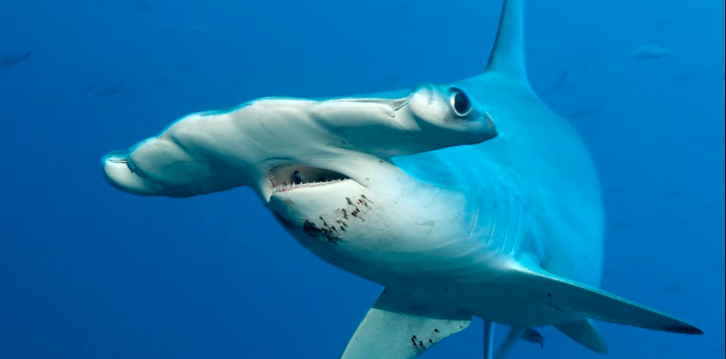
The IPCC report says that Man has only until 2030 to avert a harrowing climate crisis. Scientists predict that CO2 emissions must fall to 45 percent below the 2010 levels by 2030 and that all carbon sourced energy (including deliberately burning forests as bio-fuel) be completely curtailed by mid century. A zero-combustion economy.
It can be achieved, but only if the world leaders, bankers and oil oligarchs agree to immediately end the annual $5.3 trillion fossil fuel subsidies.
We have the technology to power all towns and cities with solar concentrated thermal plants utilizing supercritical steam and lithium ion battery storage facilities.
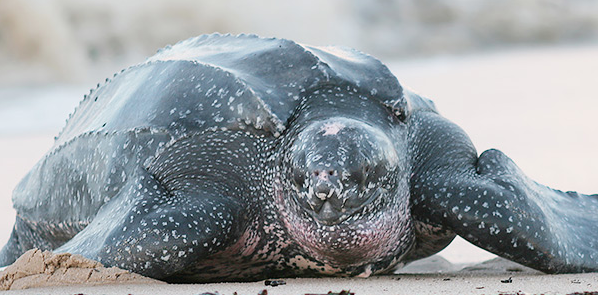
The oceans are supercharged with more than 300 zettajoules of fossil fuel heat. That’s the equivalent of detonating one Hiroshima-style bombevery minute for 75 straight years. The oceans drive Earth’s climate.
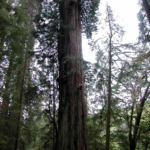
Ancient forests are the greatest CO2 warehouses on the planet. Some 70 percent of the CO2 captured occurs in the last half of their long lives. For some it’s 40 percent of the total CO2 captured that takes place in the last quarter of their lives. Ancient forests give Man more than one of every three breaths of oxygen.
We need every ancient tree alive and removing rising atmospheric CO2. In reality, deforestation and poachers are ransacking 138 acres of ancient forests every minute, 24/7/365. Looting.

The simmering oceans have precluded the cold currents loaded with iron and nitrogen from upwelling thereby denying the phytoplankton, the basis of the entire marine web of life, its vital fertilizing nutrients.
As a result, the oceans are missing 40 percent of the phytoplankton, which, along with blue green bacteria, provides all life with almost two out of every three breaths of oxygen. Atmospheric oxygen is plummeting from burning fossil fuels.
The remaining whales, the farmers of the sea, are helping Man by re-growing the phytoplankton with their flocculent fecal plumes rich in iron and nitrogen.
That’s why all cetaceans (whales, dolphins, porpoises) must be protected from poachers (including Iceland, Norway, Denmark, Japan) and from millions of tons of discarded fisheries nets. We are annually losing more than 400,000 of these glorious masterpiece creatures.
Unacceptable.
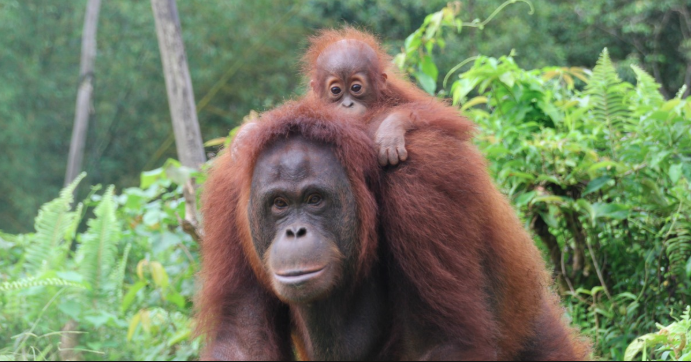
We can protect all remaining ancient forests by engaging the millennials as guardians. We can save the whales by ending open ocean fisheries and retrieving all the ghost nets.
Lastly, it’s time to significantly reduce the CO2 footprint (and excruciating pain) of animal agriculture by switching to plant-based diets. Not only does animal agriculture contribute more climate-destroying gases than the entire global transportation sector, it’s the culprit for the expansion of more than 530 coastal dead zones. That is, the massive nutrient runoff from this cruel industry is directly robbing oxygen from the oceans.
It doesn’t need to be like this.
Ladies and gentlemen, we have the technology, the labor force and the money to save our planet from the unimaginable calamity that’s occurring right now. Will the world leaders, bankers and resource oligarchs live with less and allow all life of planet Earth to survive?
Please support Sea Shepherd because they are protecting our brethren, the whales.
#GoVegan
#Resist
•••••••••••••••••••••••••••••••••••••••••••••
Dr Reese Halter is an award-winning broadcaster, distinguished conservation biologist and author.
Dr Reese Halter’s latest book is
Love! Nature
Tweet @RelentlessReese
•••••••••••••••••••••••••••••••••••••••••••••

